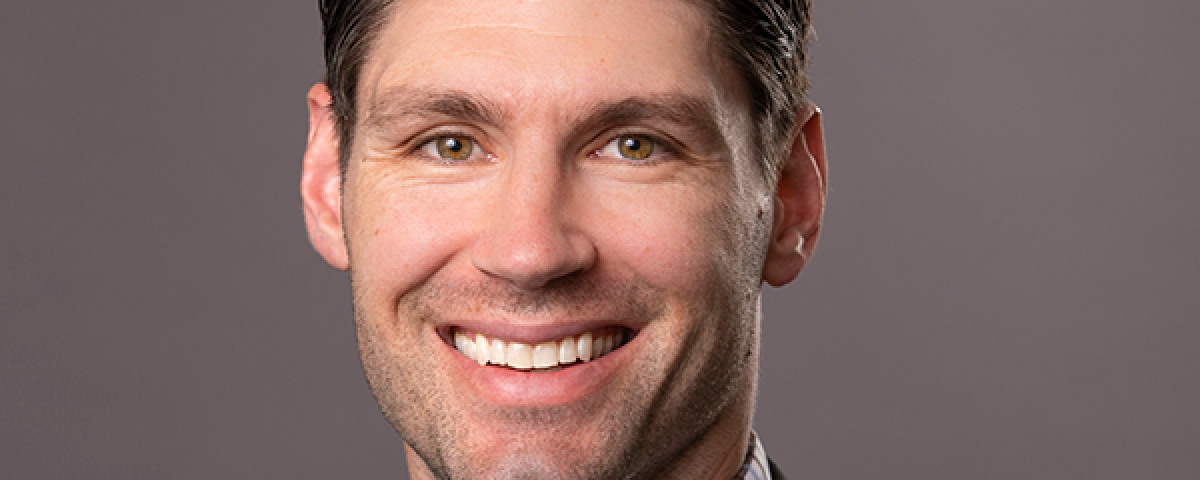
Ethics surrounding personal decision making, when those choices impact public health, isn't a new quandary. In the late 1980s, many in medicine began warning Americans about the dangers of second-hand smoke. In 1992 the EPA released research that further re-enforcing second-hand tobacco smoke carries a substantial public health risk - responsible for approximately 3,000 annual lung cancer deaths in nonsmokers. Slowly communities started to adopt smoking bans. While it took more than a decade for widespread acceptance, ultimately most Americans embraced the belief that someone’s right to smoke inside does not supersede the right of others to protect their health.
While often referred to as a political issue, the decision to wear a mask in public is as much about the tension created when public health needs encroach on personal choices. While early confusion was fueled by initial messaging that face coverings don’t minimize exposure to the virus, the science is abundantly clear - masks do guard against community spread. In other words, by wearing masks, we protect others. And since asymptomatic infection with COVID-19 happens frequently, universal mask-wearing is an essential tool in our protection arsenal while we wait on a vaccine.
For a culture like the United States, which significantly appreciates individuals' rights, it's understandable a mask mandate provokes conversation and makes some concerned. The Institute for Health Metrics and Evaluation created a widely accepted model to understand what near-universal acceptance of face coverings could mean. Their numbers show that by not adhering to recommended guidelines for mask use and social distancing, we actually reverse much of the progress made so far.
If masks mean fewer sick patients in our community and fewer deaths from COVID-19, is this not our ethical responsibility? We save 3,000 lives annually by not smoking in public; how can we argue against putting on a mask to protect nine times as many friends, family, and neighbors? By infusing empathy and compassion for others into the ethics conversation, we will keep our communities flourishing through these difficult times.
Dr. Andrew French is Centura Health’s Vice President – Physician Executive for Quality, Safety and Clinical Operations. He previously served as Chief Medical Officer at Centura – St. Anthony North Health Campus





